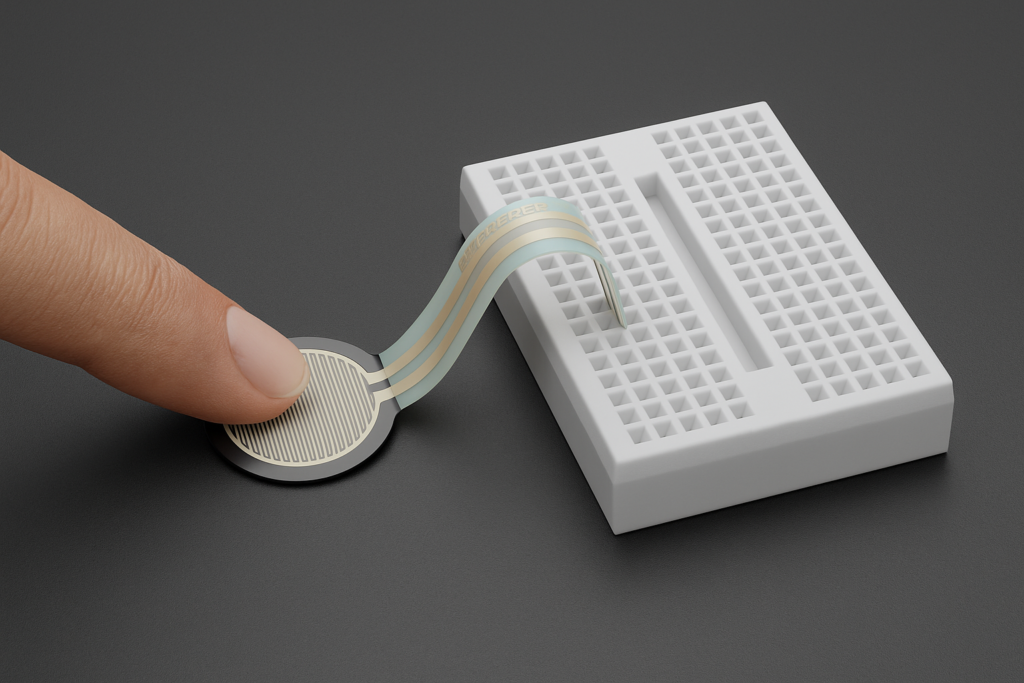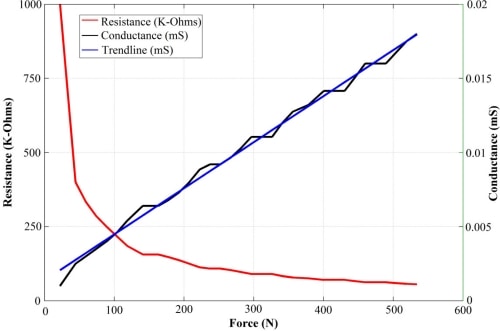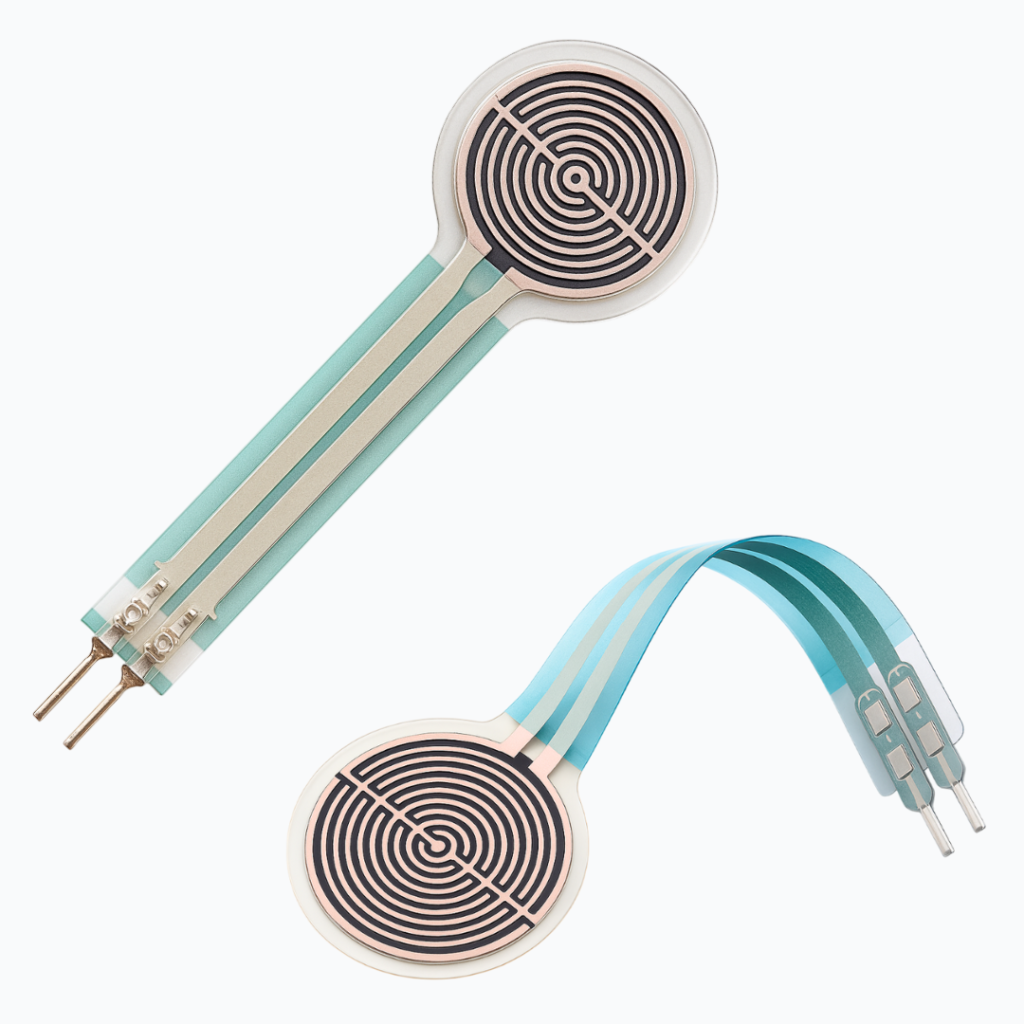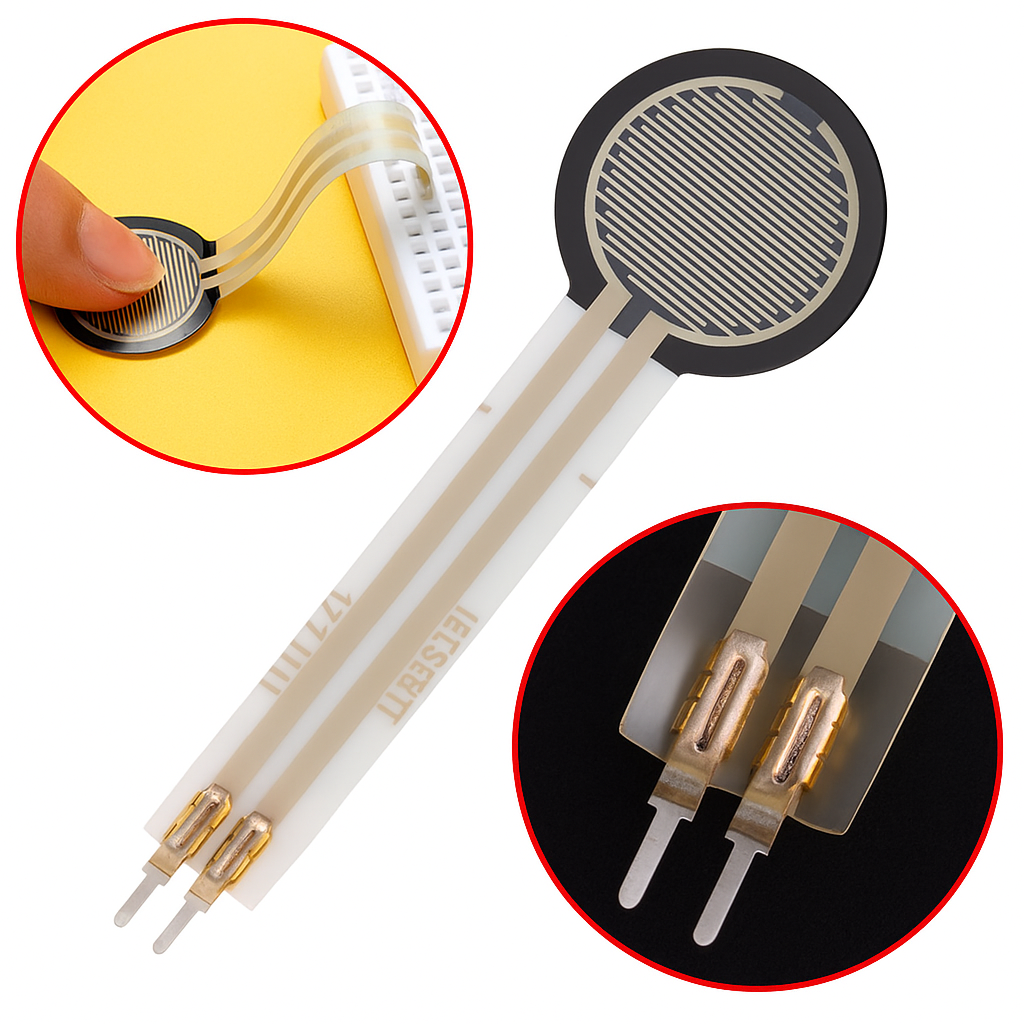Introduction

India is witnessing a rapid transformation in robotics, automotive engineering, and smart device technology. From advanced driver-assistance systems (ADAS) in vehicles to smart wearables and industrial robots, the demand for precise and reliable sensing solutions has never been higher. This is where Customized FSR Sensors in India are becoming a game-changer.
Unlike standard sensors, customized force sensing resistors (FSRs) are engineered for specific industrial and consumer applications. They detect applied pressure, weight, or force with flexibility, thin design, and robust performance. In India—where conditions such as high temperatures, dust, and continuous use are common—customization ensures better accuracy and long-term durability.
In this article, we’ll explore what makes FSR sensors unique, why customization matters for Indian industries, and how sectors like robotics, automobiles, and smart devices are adopting this technology.
What is a Force Sensing Resistor (FSR)?

A force sensing resistor (FSR) is a thin, flexible sensor that changes its resistance when pressure or force is applied. Unlike rigid pressure sensors, flexible force sensors can be embedded in compact or curved devices without adding bulk.
Key features of FSR sensors:
- Ultra-thin design (less than 0.5 mm)
- Flexible material for curved or compact surfaces
- Long lifecycle with reliable accuracy
- Cost-effective compared to other sensing technologies
- Easy integration into PCBs or flexible circuits
These advantages make them suitable for custom applications where precision and durability are essential.
Why Customization of FSR Sensors Matters in India
Generic sensors often fail to meet India’s diverse industry requirements. For example, automobiles need FSRs that withstand temperature fluctuations and vibrations, while robotics require high-sensitivity sensors for delicate grip control.

Customization ensures:
- Optimized sensitivity for specific use cases (light touch vs. heavy force)
- Tailored shapes and sizes for unique product designs
- Durability in Indian conditions such as dust, humidity, and heat
- Seamless integration with existing circuits and electronics
By focusing on customization, Indian manufacturers are ensuring that FSR sensors deliver long-term performance in real-world applications.
Applications of Customized FSR Sensors in India
1. Robotics
India’s robotics sector is expanding in manufacturing, logistics, and healthcare. Customized FSR sensors make robots smarter and safer through:
- Grip control for robotic arms handling fragile materials
- Feedback loops for humanoid robots simulating human touch
- Precision in surgical robots used in healthcare
Using flexible force sensors helps India achieve global competitiveness in advanced automation.
2. Automobiles and Electric Vehicles (EVs)
The automotive sector in India is shifting toward connected and electric vehicles. Customized FSR sensors in India are driving innovations such as:
- Seat occupancy detection for airbags
- Steering wheel monitoring for driver fatigue
- Pedal pressure measurement in EVs
- Touch-based controls replacing mechanical switches
With India’s focus on road safety and smart mobility, FSRs are essential for next-gen automotive systems.
3. Smart Devices and Wearables
India’s consumer electronics market is booming. Customized flexible force sensors power:
- Fitness wearables that track posture and exercise pressure
- Smartphones and tablets with enhanced touch feedback
- Gaming controllers offering immersive experiences
- Healthcare devices like digital insoles for pressure monitoring
These applications show how customized sensors are shaping the future of India’s smart device ecosystem.
Advantages of Using Customized FSR Sensors
- Thin and Flexible: Easily integrated into compact designs
- High Sensitivity: Detects even minor pressure changes
- Durable: Withstands Indian environmental conditions
- Cost-Effective: Affordable compared to high-end alternatives
- Scalable: Suitable for mass production in consumer and automotive markets
How Customized FSRs Are Developed for Indian Industries
The design process for Customized FSR Sensors in India typically involves:
- Requirement Analysis – Understanding sector-specific needs
- Material Selection – Using films and inks suitable for Indian conditions
- Prototype Development – Rapid testing and validation
- Stress Testing – Verifying performance in heat, dust, and humidity
- Mass Production – Scaling up with consistent quality
This process ensures that sensors align with both industrial and consumer applications.
Future of Customized FSR Sensors in India
As India advances into Industry 4.0, electric mobility, and digital healthcare, demand for customized force sensing resistors will continue to grow. The coming decade will bring:
- Smarter robots using ultra-sensitive FSRs
- Safer vehicles integrating advanced sensor networks
- Next-gen smart devices combining FSRs with IoT and AI
With innovation and customization, India can become a global hub for sensor technology.
Conclusion
The Indian market is ready for a revolution in sensing technology. Customized FSR Sensors in India are at the core of this shift—offering precision, flexibility, and durability for robotics, automobiles, and smart devices.
For businesses aiming to lead in automation and consumer technology, adopting customized FSR sensors is no longer optional—it’s a necessity.


